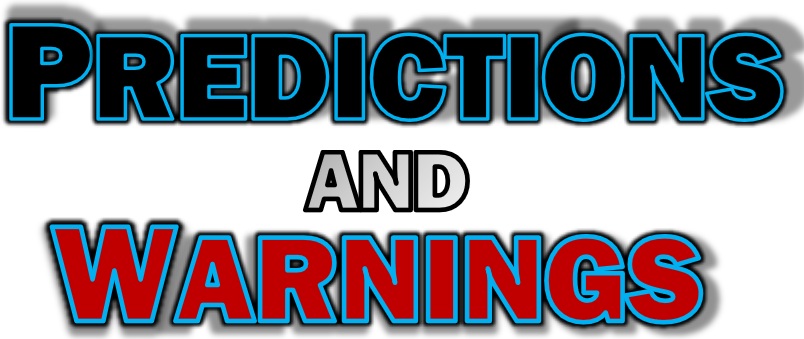A six-pack a night, every night, might be an early warning of alcoholism. However, this question isn’t as easy as some may think. Six beers over 4 or 5 hours is at that cut-off level. It’s not overly egregious (depending on your physical size and alcohol history), but nothing to sneeze at.
Common Stereotypes: Media and popular culture sometimes portray alcoholics as people who drink only hard liquor, but in reality, many people with alcohol problems drink beer or wine, sometimes exclusively.
Someone who has been drinking a six-pack of beer daily for years or months probably isn’t getting the buzz most would get. I’ve known folks who could drink a six-pack in three hours (about the duration of a football game) yet act and look as sober as a judge because their bodies had built a tolerance. As a result, they didn’t experience the same physical and mental effects most would.
I sometimes drink Nyquil at 11 pm to help me get a good night’s sleep. I certainly don’t need it to fall asleep, nor do I get a buzz from it, but it helps relax me when I’m ready for bed. A six-pack might be that person’s “Nyquil.” (Although six beers is still a bit on the high end)
It’s important to understand the distinction between someone who CHOOSES to drink daily and someone who NEEDS to do so. While enjoying several drinks each day doesn’t automatically label a person as an alcoholic, needing to drink every day is a strong indicator of dependency.
To get a clearer picture, there’s a straightforward three-part test that anyone who drinks can try.
1. Can you voluntarily stop drinking for a set period, like a month?
2. Would you be cranky or agitated if the local beer stores closed one evening due to a storm and you were deprived of your daily six-pack after work?
3. Can you consistently stick to having just a couple of drinks over several days? Hence, is six beers the limit almost all of the time?
Also, it’s important to keep in mind that one can be a recovering alcoholic and not drink at all. Some alcoholics have abstained from booze for decades due to their previous struggles with alcoholism, but would binge drink if they started to imbibe again. So, although they no longer drink, they are still alcoholics by definition.
In the end, it’s all about control. Do you control alcohol, or does it control you? If you haven’t had a drink in 22 years and purposely abstain from drinking because you’re scared it’ll have a detrimental impact on your life, you’re an alcoholic. But even if you drink heavily on just special occasions a few times per year, and don’t miss it in the interim, you’re likely not an alcoholic. Furthermore, the individual who enjoys two glasses of wine with dinner daily is probably not an alcoholic either.
Drinking alcohol should be like having ketchup with a hot dog – you should be able to take it or leave it.
Ultimately, an individual who finds it necessary to regulate their alcohol consumption is likely to be experiencing issues related to alcoholism. Typically, individuals without such concerns do not require control over their drinking habits.
Do you drink daily?


